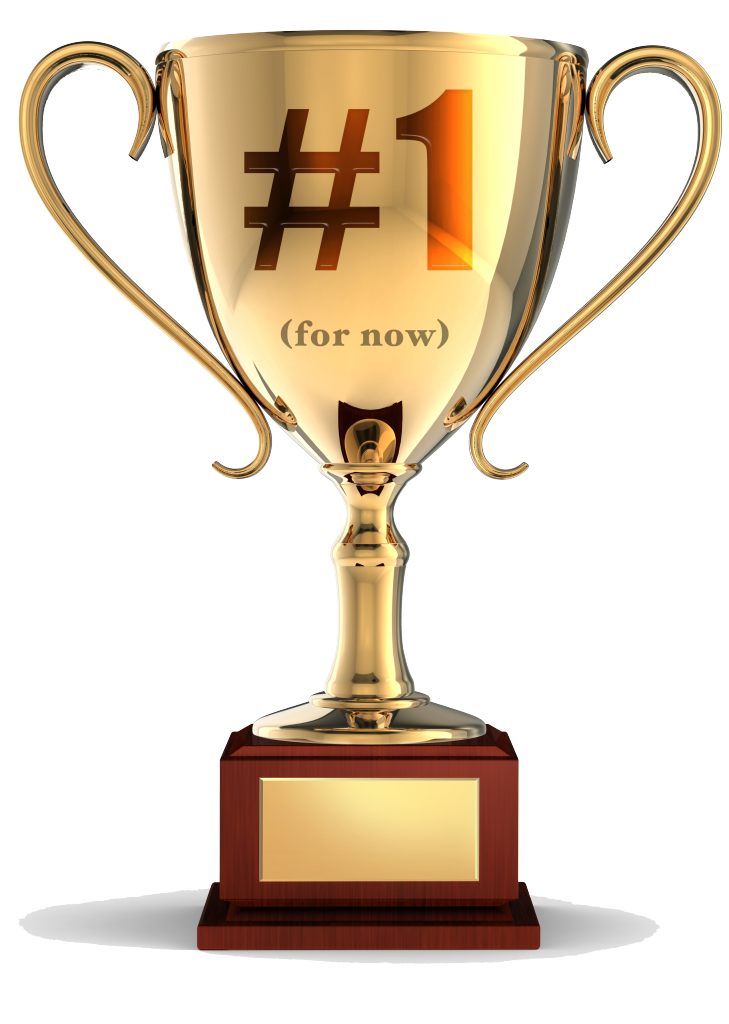
Capitalism has told you otherwise
By Michele Provenzano, Staff Writer
Rise and grind. Good things come to those who hustle. New day, new goals. Get up earlier, stay longer, work harder, and never ever quit. The grind never stops. Many of us have seen these “motivational” clichés pop up on our social media feeds.
“Hustle culture” is society’s obsession with being as productive as possible. A day spent being unproductive is a wasted day, it tells us. A busy schedule is something to brag about. Everyone around you is busier than you, and accomplishing more than you, so therefore is more valuable than you. You’re not burnt out? You’re not doing enough.
I don’t know about you, but I’m exhausted.
Why do I feel the constant need to evaluate myself and determine my self-worth according to my output? Why, despite recognizing I’ve overcommitted myself, do I refuse to surrender any of my responsibilities? I think it’s because of the capitalist ideology in our society, and hustle culture has a way of glamorizing it.
A productivity-oriented mindset has permeated societies for centuries. Sociologist Max Weber identified Protestant values as paving the way for capitalism to emerge. “Not leisure and enjoyment, but only activity serves to increase the glory of God, according to the definite manifestations of His will,” he wrote. “Waste of time is thus the first and in principle the deadliest of sins.” This notion seems to have moved past the realm of religion into that of dominant culture.
Modern technology has made it so that we never really have to stop being productive. We have powerful computers that fit into the palms of our hands, providing us with unlimited information and leaving us no excuse to not be working on something.
But you’re allowed to sleep. You’re allowed to quit. You’re allowed to do nothing. Our culture glamorizes workaholism despite its negative consequences. Workaholism can lead to sleep problems, weight gain, high blood pressure, anxiety, depression, and can damage personal relationships. It goes hand-in-hand with guilt and compulsion. Psychologist Bryan Robinson has deemed workaholism the “best-dressed mental health problem.”
I think capitalism promotes the toxic idea that there’s something inherently wrong with being idle. But modern philosopher Slavoj Žižek feels that we should not fear or try to avoid passivity. Instead, what we should avoid is pseudo-activity, the urge to be active for the sake of being active or simply to mask the pointlessness of one’s actions. He promotes inaction, something he argues can be active in itself.
We shouldn’t wear our burnout like a badge of honour, dreading the implications of taking a day off and resting. Taking care of oneself is something to be proud of and to be prioritized. The values of capitalism cannot be prioritized over my well-being. I’m going to allow my productivity to dwindle when it needs to, without letting it affect my sense of self-worth. It’s quite the rebellious act, but I think one worth doing.

